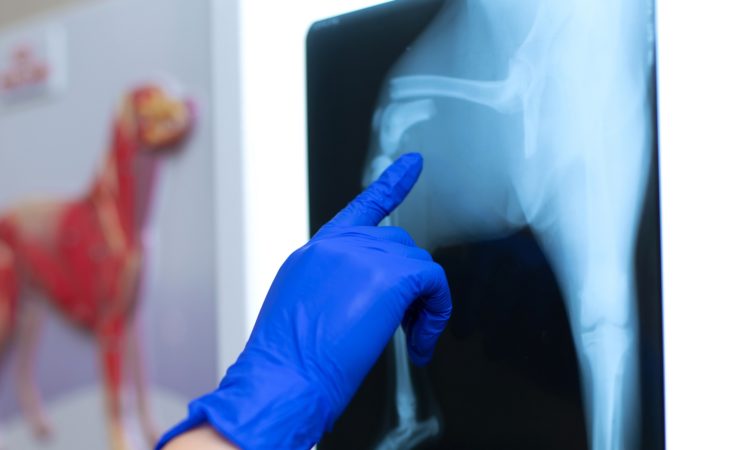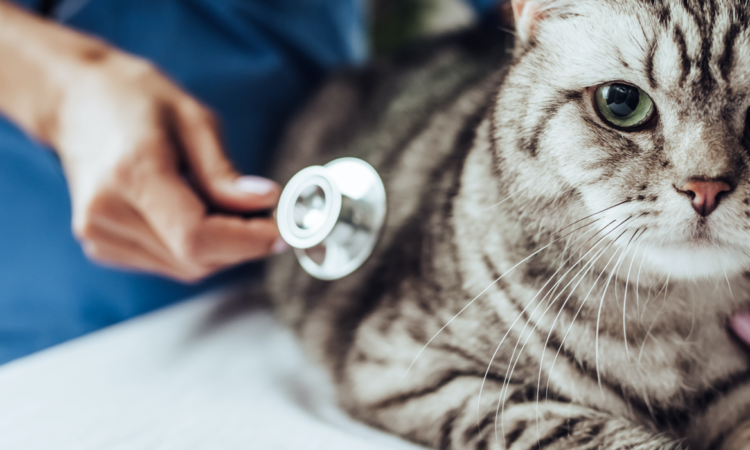Dental issues are one of the most common reasons pets are seen by veterinarians. Sadly, dental health is often neglected in pets, leading to infections, tooth loss/decay and severe pain. We have all the tools and knowledge to give your pet great oral hygiene at both of our hospitals. You can always count on us to have your pet’s pearly whites sparkling.
What are signs that my pet has dental problems?
It’s quite common that the early signs of dental disease are missed because they are so subtle. Your pet can still appear to be normal even with damaged gums. The symptoms tend to become more visible when they begin to experience pain. In advanced cases of dental disease, these are the signs you’ll notice:
- Chewing on one side of the mouth
- Difficulty picking up food
- Bloody saliva
- Bad breath
- Pawing at the face
- Yellow or brown buildup on teeth
- Loose teeth
- Red, swollen or bleeding gums
How can I prevent dental disease in my pet?
Protecting your pet from dental disease is similar to caring for your own dental health. Here are some tips you can incorporate into your pet’s routine to keep their mouth healthy:
- Annual dental exams: This will include professional dental cleanings to remove hidden bacteria and detect dental disease below the gum line. Dental cleanings are the only way to remove tartar from your pet’s teeth.
- Brushing their teeth daily: We recommend brushing your pet’s teeth daily as it removes plaque and protects their gums and teeth. We encourage pet parents to start brushing their pet’s teeth when they are young so that they can get used to it.
- Good quality foods: Your veterinarian can recommend a dental diet for your loyal companion. This diet can include special foods that scrub their teeth and prevent plaque from hardening.
- Check their mouths: As mentioned earlier, your pet may not show signs of dental problems. By checking their mouths regularly, you’ll notice small changes that require attention by a veterinarian.






